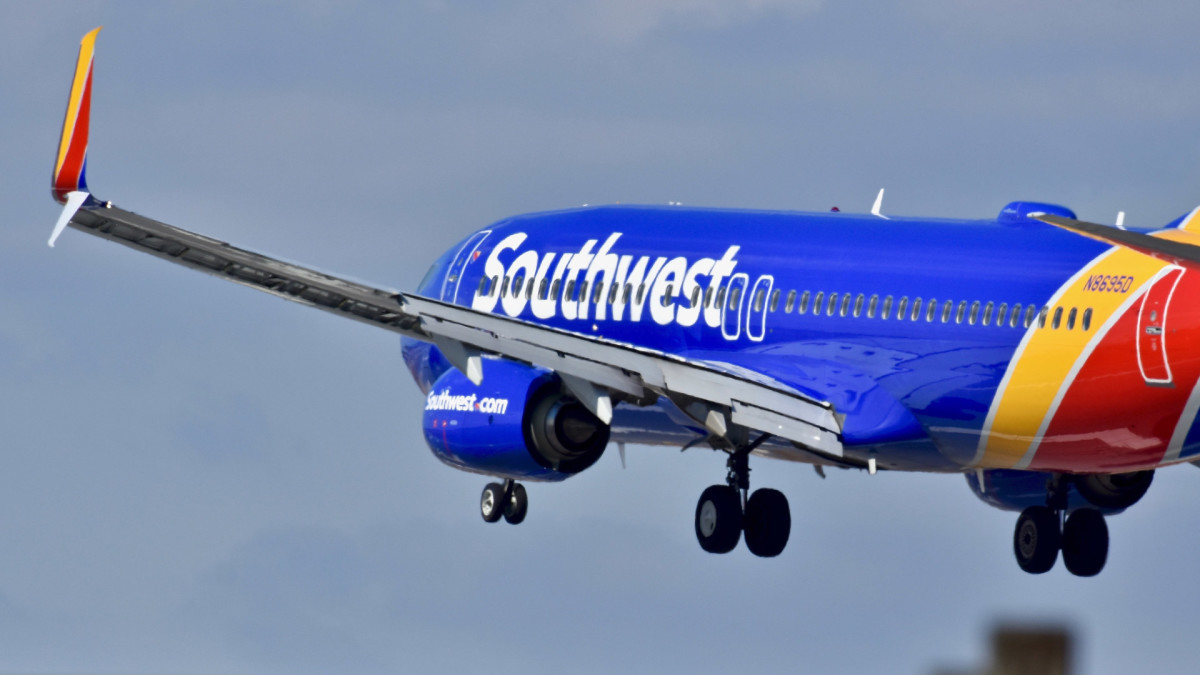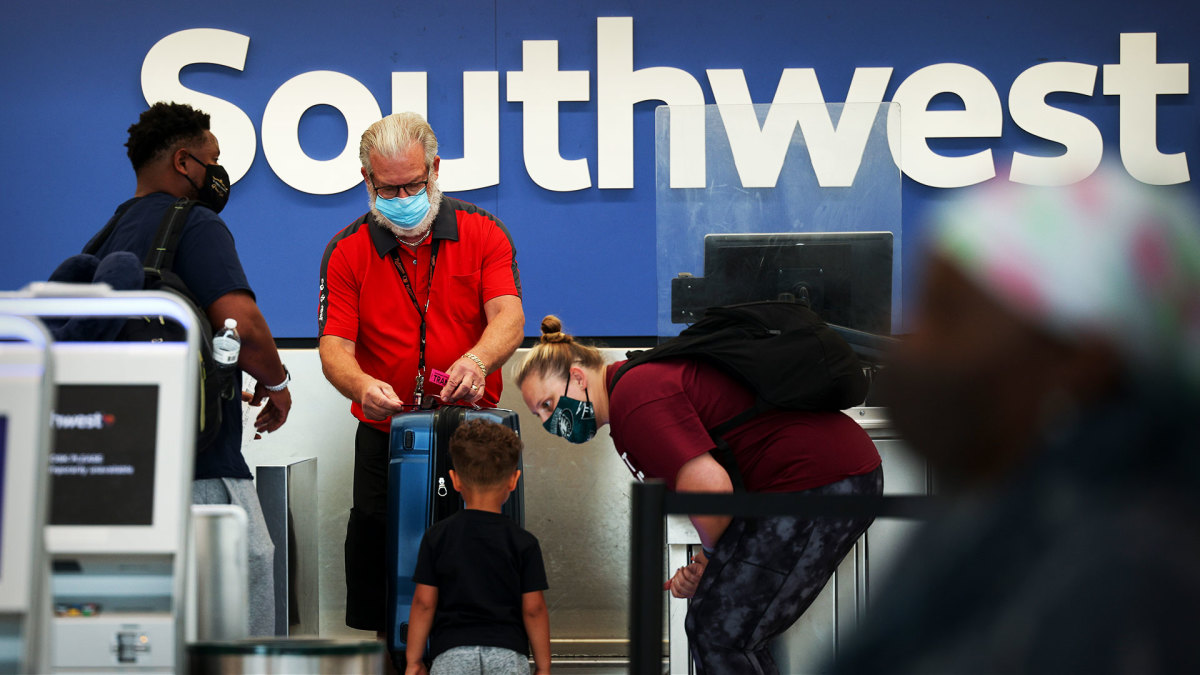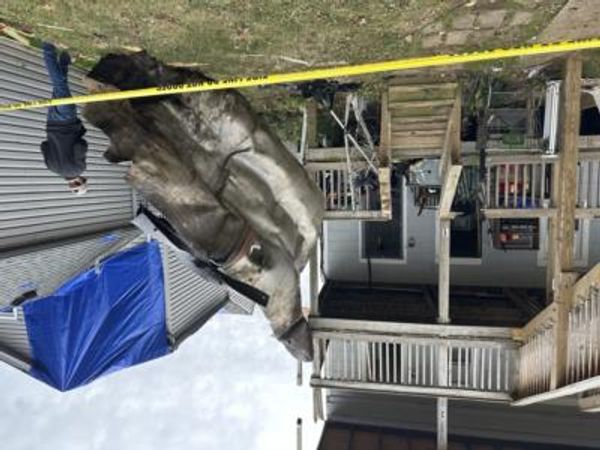
A lot of things go into how an airline prices its flights. Hard costs like pilots, ground crew, and flight attendants make up part of that equation.
Pretty much across the industry, those expenses have gone up as all of the major pilot and flight attendant unions have negotiated significantly higher wages and other benefits for their members. Those deals make it more expensive for airlines to operate their planes.
Related: Delta, Southwest and United Airlines make unpopular seating decision
That's less of a concern for traditional carriers like American, Delta, and United Airlines which offer first and business-class seats. Those passengers are already paying exponentially higher fares and have historically been a resilient audience in the face of price volatility.
Southwest Airlines (LUV) , however, does not have the same failsafe against rising costs. The company has built its business on being a reasonably-priced, mostly all-included airline. It does not sell first or business-class seats so it can't pass price increases on to customers used to paying higher prices.
That means that the airline has to either accept lower margins or raise prices in the face of higher costs. It could also add flights in order to grow its capacity to push profits higher even if it makes less money on each passenger.
In reality, however, Southwest has a problem that's not going to be good news for its passengers.

Image source: Kevin Dietsch/Getty Images
Southwest reaches labor deals
After a contentious battle with the airline, the Southwest Airlines Pilots Association (SWAPA) has approved a new deal with the airline that will give them an immediate 29% raise. That will be followed by 4% raises in each of the next three years of the contract while the fifth year will come with a 3.25% raise.
The pilots also received improved benefits including enhanced retirement, disability coverage, and enhanced maternity and paternity leave.
"This has been a long time coming and it is only through the unity of our pilot group that we were able to achieve the gains in this contract. This new CBA will bring our pilots the security and protections that have been long needed,” Union President Captain Casey Murray shared in a statement.
Southwest has also reached new, more costly deals with a number of other unions including the one representing its flight attendants, although that deal was rejected by the union and negotiations continue.
Southwest CEO Bob Jordan spoke about the labor situation during his airline's fourth-quarter earnings call.
"We have now successfully reached ratification on providing competitive market compensation packages for our people. This is a huge accomplishment, and I would like to thank all those who have tirelessly supported those negotiations," he said before the flight attendants voted to not accept their deal.
Southwest won't be raising capacity
Higher labor costs mean higher ticket prices unless the airline can find other ways to save money. That seems unlikely given that fuel costs remain somewhat elevated and inflation has remained a factor.
Southwest will also not be able to raise its flight capacity in 2024, according to Jordan.
"We also made rapid adjustments to capacity for both 2023 and 2024 and put in place significant network adjustments in response to changing demand patterns. These changes reduced our planned 2024 year-over-year capacity increase to roughly 6%, all of which is carryover from 2023 network restoration. So there will be no net new additional capacity in 2024 as we work to mature our route network," he shared.
Southwest has been constrained by both Boeing (BA) being slow to deliver ordered aircraft and a rash of pilot retirements during the pandemic.
With its various increased costs, Southwest will see its cost per available seat mile (CASM-X) increase by 6%-7%. About 4-5 points of that will come from the labor increase while 1%-2% are from increased maintenance costs, according to CFO Tammy Romo.
"While we accrue for market wage rates, the recently ratified pilot contract contributes the majority of the labor CASM-X increase this year due to a step-up in wage rates, work rule changes, and enhanced benefits," she said.
Related: Veteran fund manager picks favorite stocks for 2024







